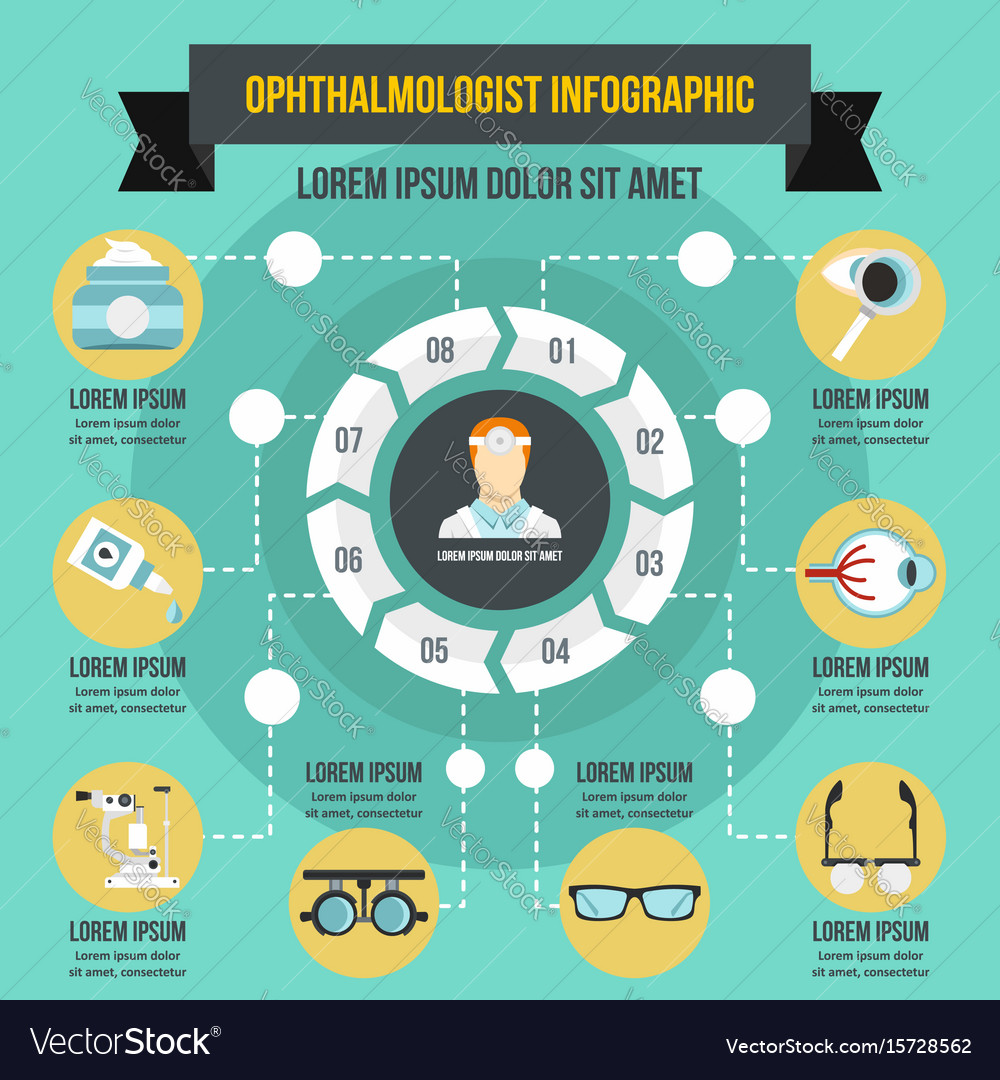Review Vital Safety And Security Suggestions For Driving Post-Cataract Surgical Treatment, As Recognizing Your Recuperation Journey Can Significantly Influence Your Readiness To Drive Again

Post Created By-Swanson Chapman
After cataract surgical procedure, you could be anxious to return when traveling, yet safety and security needs to be your top priority. Vision improvement can vary, and it's necessary to follow your doctor's suggestions prior to driving once again. Factors like your healing process and visual acuity play a large role. So, what should you know about the recuperation timeline and driving safely? Let's check out the standards that can help you navigate this change.
Understanding the Recuperation Timeline
After cataract surgical treatment, you'll likely wonder the length of time it will certainly require to completely recover and when you can securely come back behind the wheel.
Usually, you'll see better vision within a couple of days, however complete recuperation can take numerous weeks. During the very first couple of days, you might experience some blurriness, level of sensitivity to light, or light pain. These symptoms must progressively decrease.
Many specialists recommend waiting at least a week before driving, however listen to your physician's advice. They'll analyze your recovery process and visual acuity to identify when you prepare.
Aspects Affecting Your Ability to Drive
Your capability to drive after cataract surgery depends on a number of essential aspects that can considerably impact your vision and self-confidence when traveling.
Initially, https://drive.google.com/file/d/1MIG6Kj4-yr-nhapwlmNLffDMwq9KTiY1/view?usp=sharing plays a critical duty; some people recover faster than others.
Next off, the sort of intraocular lens (IOL) used can affect your aesthetic quality, particularly in the evening.
Furthermore, any pre-existing eye problems, like glaucoma or macular degeneration, can influence your post-surgery vision.
Your total health and any type of medicines you're taking may additionally influence your awareness and response time.
It's essential to assess your convenience level and vision quality prior to getting behind the wheel.
Consulting your optometrist is important to figure out when it's risk-free for you to drive once more.
Tips for Driving Securely After Surgical Procedure
Although many individuals really feel eager to come back on the road, it's vital to focus on safety after cataract surgical procedure.
Initially, wait on your medical professional's clearance before driving again; they understand when you prepare. When you do begin driving, select acquainted paths throughout daylight hours to lessen challenges.
Maintain your sunglasses helpful to shield your eyes from glow. Readjust your mirrors for optimum presence and stay clear of distractions like your phone or loud music.
If you observe any sudden changes in your vision, don't think twice to pull over safely. Likewise, consider practicing in a parking lot to reclaim self-confidence prior to hitting busier roads.
Conclusion
To conclude, driving after cataract surgical treatment needs cautious factor to consider and patience. Constantly prioritize your security and await your medical professional's clearance before hitting the trail. As your vision improves, stay with familiar courses and technique throughout daylight hours. Bear in mind to put on sunglasses to minimize glow and stay alert for any adjustments in your vision. By following Should Cataract Surgery Be Painful , you can develop your confidence and make sure a secure driving experience as you recuperate.

